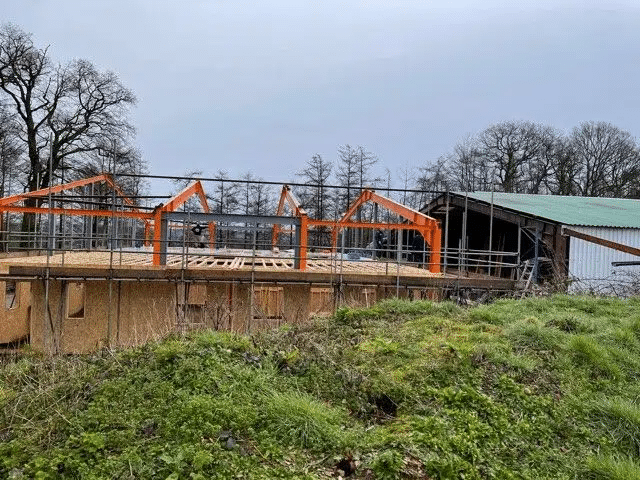Bridging loans can be a fantastic way to fill a short-term funding gap for your latest property development project, but they’re not for everyone. We’ve covered bridging loans in-depth, but as a quick explainer, they are short-term loans used in projects to ‘bridge’ any gaps in funding you may have. However, they’re a higher-risk option that often comes with increased fees and larger interest rates. In this article, we’re going to explore some alternatives to bridging loans.
Bridging Loans Alternatives
If you’ve decided that a bridging loan is not the right approach for your circumstances, there are a range of alternatives that you can use to proceed with your project. Each has pros and cons, which we’ll discuss below.
Remortgaging
One of the most common ways to fund a property development project is to remortgage your existing property(s). A mortgage is arguably the safest, long-term form of finance for your project. The money is secured against your existing property and is paid off over the course of your agreement, typically 20-30 years.
While mortgages come with advantages such as lower interest rates and costs, and a wide variety of lenders and products to choose from, they also often have early repayment fees, require proof of income, and can take weeks or months to secure.
Taking a secured loan
A secured loan is another option for financing a property development project. Put simply, a secured loan is a loan that is backed by collateral such as a house, car or other high-value item. A secured loan is a longer-term property finance solution compared to a bridging loan, but often less than remortgaging. Secured loans offer access to large amounts of money with the repayment term set over a longer period.
The longer repayment period and lower interest rates offer you plenty of flexibility and reliability in managing your cash flow. Like mortgages, there are also plenty of lenders on the market so you can shop around for the best deal. However, it’s a longer-term commitment, and you run the risk of losing your collateral should your circumstances change.
Unsecured Loans
Another alternative is an unsecured loan. As you might have guessed from the name, these aren’t secured against anything but may come with higher interest rates and penalty charges. Personal loans and credit cards are probably the most common type of unsecured loan. These loans are often simple, flexible, offer lots of choices, and don’t have the risk of losing collateral. However, they require a good credit score and may not be suitable for all project types. As the lender takes the risk, you also may not be eligible to borrow the large sums of money needed for some projects.
Residential Development Finance
If you’re only looking to refurbish or develop a residential property, then a residential development loan might be the better option. We’ve already covered the differences between development finance and bridging loans, but in short, it’s slightly less flexible and is used to secure a property or finance development costs.
Typically, residential development finance is repaid over 12 months and funds can be released as and when they’re needed, at different stages of the project. This helps keep costs down and manage finances, as you won’t be taking on the whole amount at the beginning. Residential development finance, however, does require a strong exit and repayment plan. Their short-term nature also means you may face potentially higher interest rates than other finance solutions.
Equity Financing
An additional alternative to a bridging or development loan is equity financing. In return for financing a residential project, we take an equity stake in the property and a share of the profit when sold.
If you have your own finance to invest in the project and have a proven track record of property development and building houses on time and to budget, then equity finance can be a fantastic, lower-risk way of raising funds. You are also not taking on any debt obligations and the associated repayments. However, as the lender owns a stake in the property, your overall returns may be lower. We have covered everything you need to know in our guide to equity finance.
At Hunter Finance, we offer a range of property development financing solutions to suit your requirements. Contact us today to discuss your next project and how we can help, or apply in principle for a quick decision.






